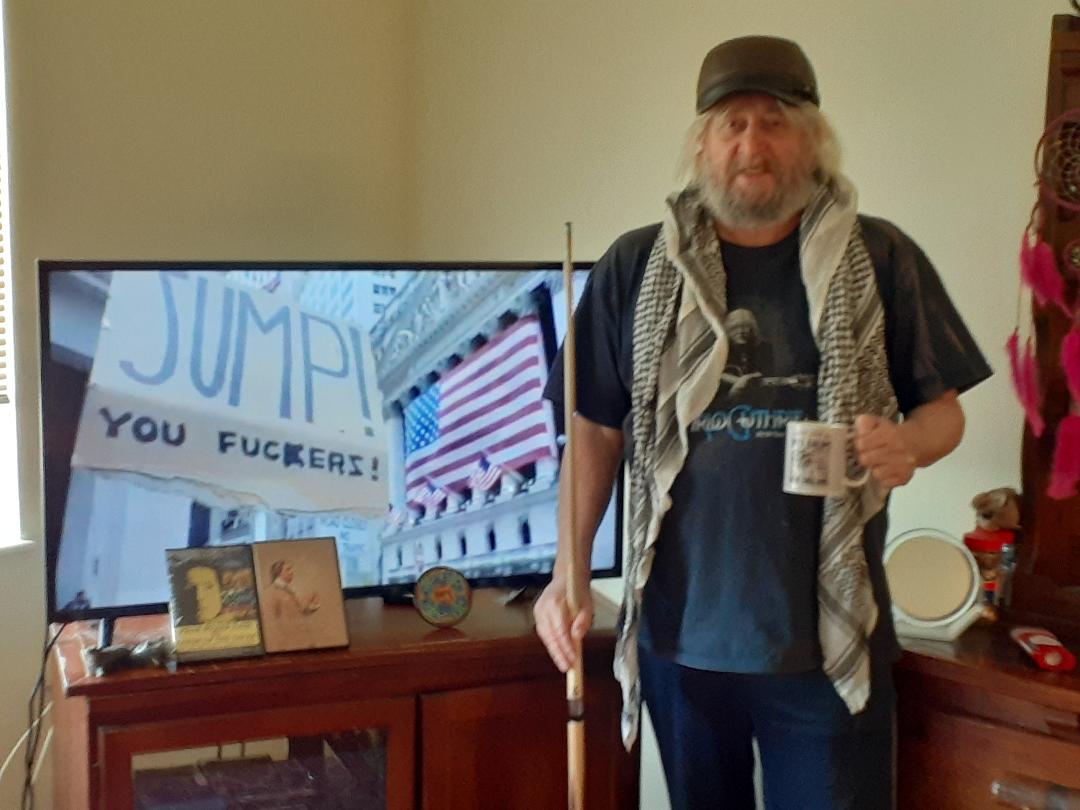If there's one thing we should all be able to agree on, it's that no one should be murdered for speaking.
In the aftermath of Charlie "Prove Me Wrong" Kirk's murder at a Utah campus event, it's clear that no, we don't all agree on that.
The bulk of responses to Kirk's assassination consisted of:
1) Sober condemnations of murder in general, or murder over speech, from most people, and
2) Opportunistic condemnations of "political violence" from the most politically violent creatures on the planet, politicians.
But we also saw significant amounts of celebration among Kirk's opponents, and baying for the blood of anyone not aligned with Kirk among Kirk's supporters (some of whom on "the right," it should be noted, were vehement critics right up until the instant the single shot rang out).
Not good. More and more Americans seem more and more willing lately to countenance the "political violence" that most Americans (including its politician practitioners) still condemn.
Despite this last week's fevered comparisons of the killing to the killings of JFK, RFK, MLK, and 3,000-plus people on 9/11, Kirk's life and death, and his killer's, are likely destined, within a few short years, to become the material of minor footnotes in dry historical texts.
Kirk and his killer are this past week's, maybe this year's, Brian Thompson and Luigi Mangione.
Yes, their notoriety will persist for more than the usual short news cycle, with bumps during associated court cases, etc., but none of them were so wildly noteworthy before their tragic interactions that they'll be universally remembered a decade, let alone a century, hence.
That thought might comfort you.
It shouldn't.
Last year, about 17,000 Americans were murdered.
How many of their names do you remember?
Do you consider "political violence" a differentiating factor worthy of closer attention than you'd give the victims of street robberies or domestic violence?
(Note: You can view every article as one long page if you sign up as an Advocate Member, or higher).






